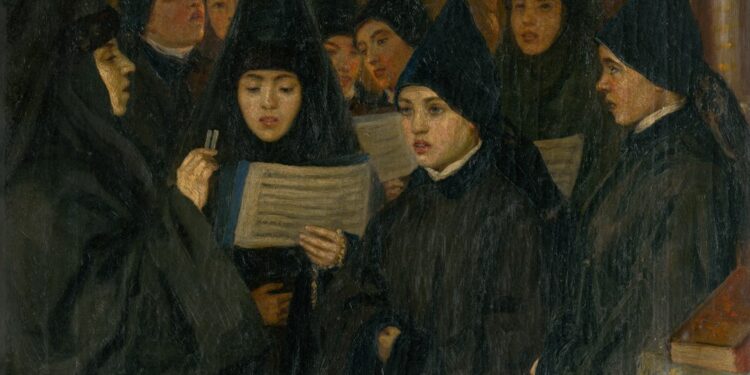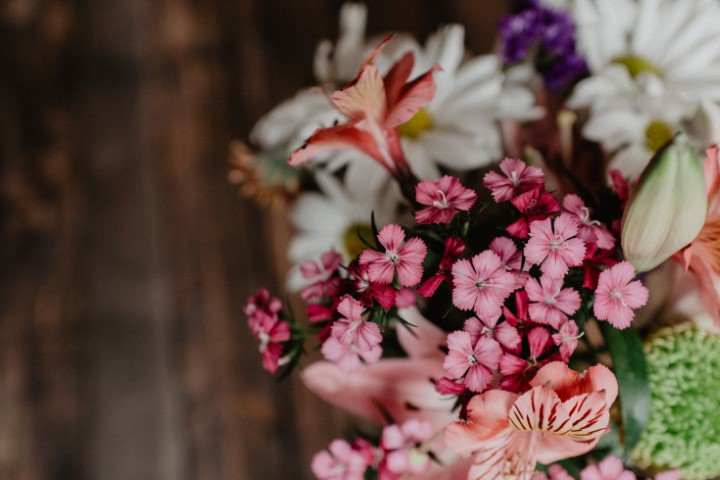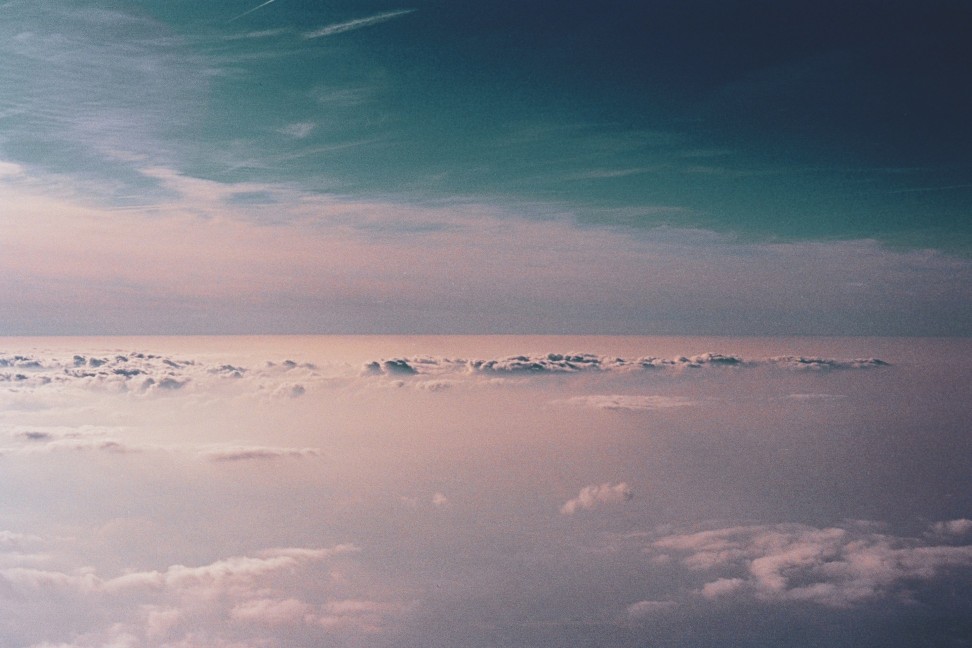Religious festivals play a significant role in the cultural and spiritual fabric of societies around the world. These events bring people together to celebrate and honor their faith, traditions, and beliefs. From vibrant parades to solemn rituals, religious festivals offer a glimpse into the rich tapestry of global religions. In this blog post, we will explore the top 5 religious festivals around the world that showcase the diversity and beauty of religious practices.
1. Diwali (India)
Diwali, also known as the Festival of Lights, is one of the most popular and widely celebrated festivals in India. It is a Hindu festival that symbolizes the victory of light over darkness and good over evil. During Diwali, people decorate their homes with colorful lights, candles, and rangoli designs. They also perform puja (prayer rituals) to honor the goddess Lakshmi, the goddess of wealth and prosperity. Fireworks, delicious sweets, and exchanging gifts with loved ones are also a part of the Diwali celebrations.
2. Ramadan (Worldwide)
Ramadan is the ninth month of the Islamic lunar calendar and is observed by Muslims worldwide as a month of fasting, prayer, and reflection. During Ramadan, Muslims fast from dawn to sunset and engage in additional prayers and charitable acts. The end of Ramadan is marked by the festival of Eid al-Fitr, where Muslims gather for prayers, feasts, and festivities. The spirit of compassion, self-discipline, and unity is central to the observance of Ramadan, making it one of the most significant religious festivals in the Islamic calendar.
3. Easter (Christianity)
Easter is one of the most important religious festivals in Christianity, commemorating the resurrection of Jesus Christ from the dead. It is celebrated on the first Sunday following the full moon after the vernal equinox. Easter Sunday is a time of joy and renewal for Christians, marked by church services, feasting, and the giving of Easter eggs as symbols of new life and rebirth. The week leading up to Easter, known as Holy Week, includes rituals such as Palm Sunday, Maundy Thursday, Good Friday, and Easter Sunday.
4. Vesak (Buddhism)
Vesak, also known as Buddha Purnima, is a significant religious festival in Buddhism that commemorates the birth, enlightenment, and death of Gautama Buddha. Celebrated on the full moon day in the month of May, Vesak is a time for Buddhists to reflect on the teachings of the Buddha and practice acts of generosity, kindness, and compassion. Vesak celebrations include chanting, meditation, offerings to monks, and lighting lanterns as symbols of enlightenment. The festival is a reminder of the Buddha’s teachings of peace, wisdom, and liberation from suffering.
5. Yom Kippur (Judaism)
Yom Kippur, also known as the Day of Atonement, is the holiest day in the Jewish calendar, marked by fasting, prayer, and repentance. It falls on the 10th day of the month of Tishrei and is a time for Jews to seek forgiveness for their sins and reconcile with God and others. Yom Kippur services include recitation of prayers, confession of sins, and reflection on one’s actions over the past year. The day ends with a final blast of the shofar (ram’s horn) to signify the closing of the gates of heaven and the sealing of one’s fate for the coming year.
In conclusion, these top 5 religious festivals around the world are a testament to the power of faith, tradition, and community in shaping the way people connect with the divine and each other. Whether through fasting, prayer, feasting, or reflection, these festivals offer opportunities for individuals to deepen their spiritual practices, strengthen their bonds with their religious communities, and celebrate the beauty and diversity of global religions. As we continue to navigate the complexities of our modern world, these religious festivals serve as reminders of the enduring relevance and importance of faith in our lives.













